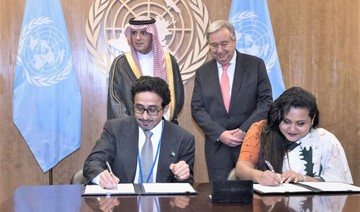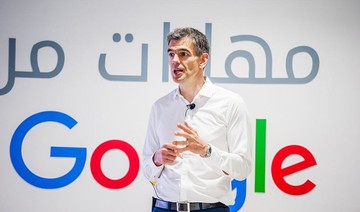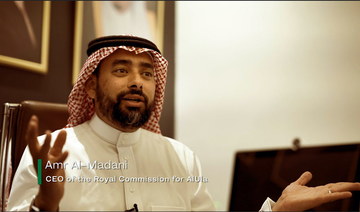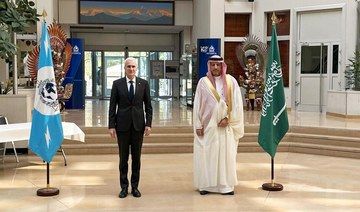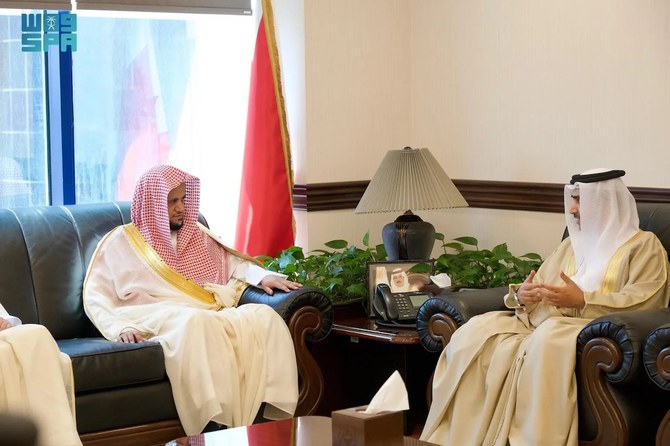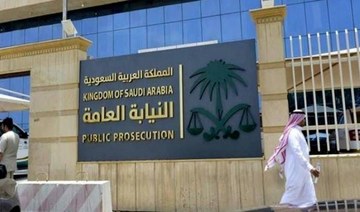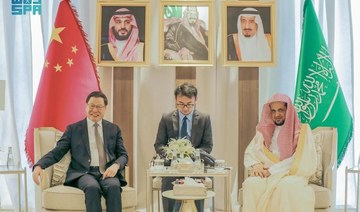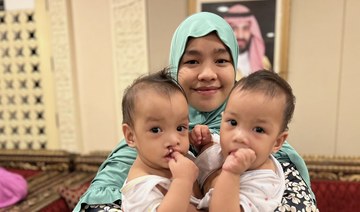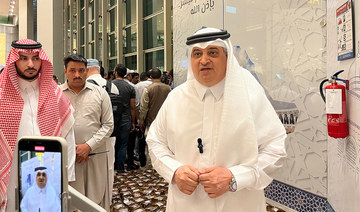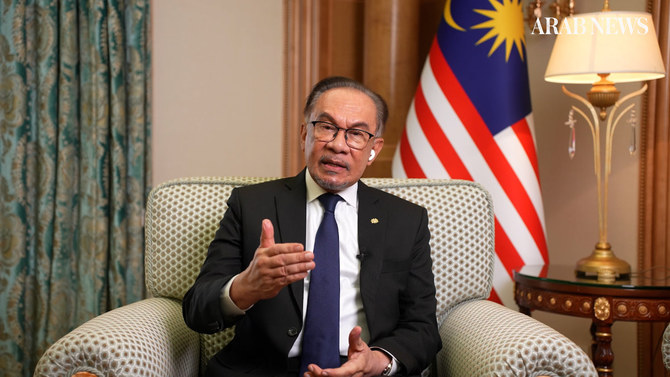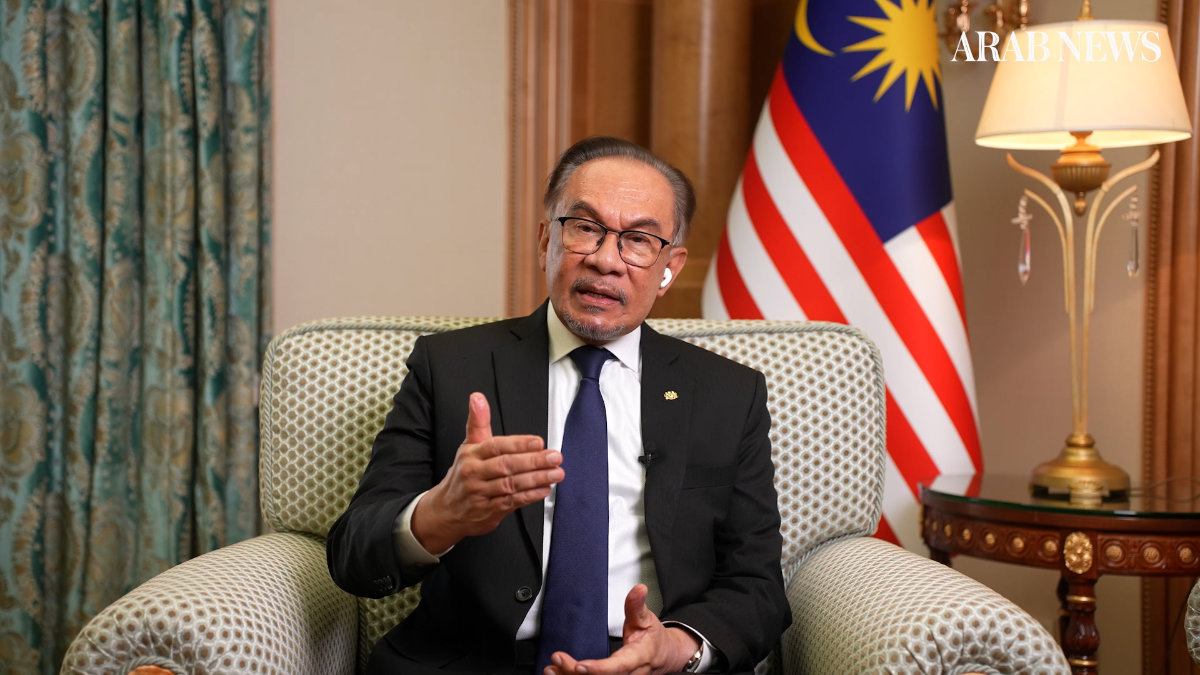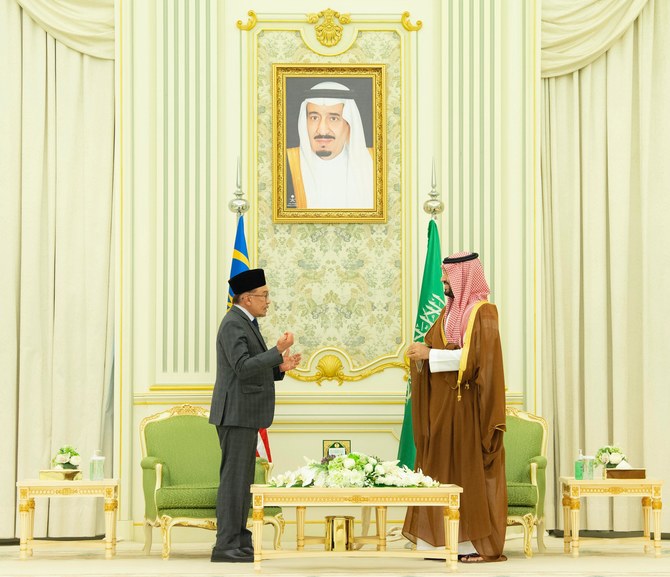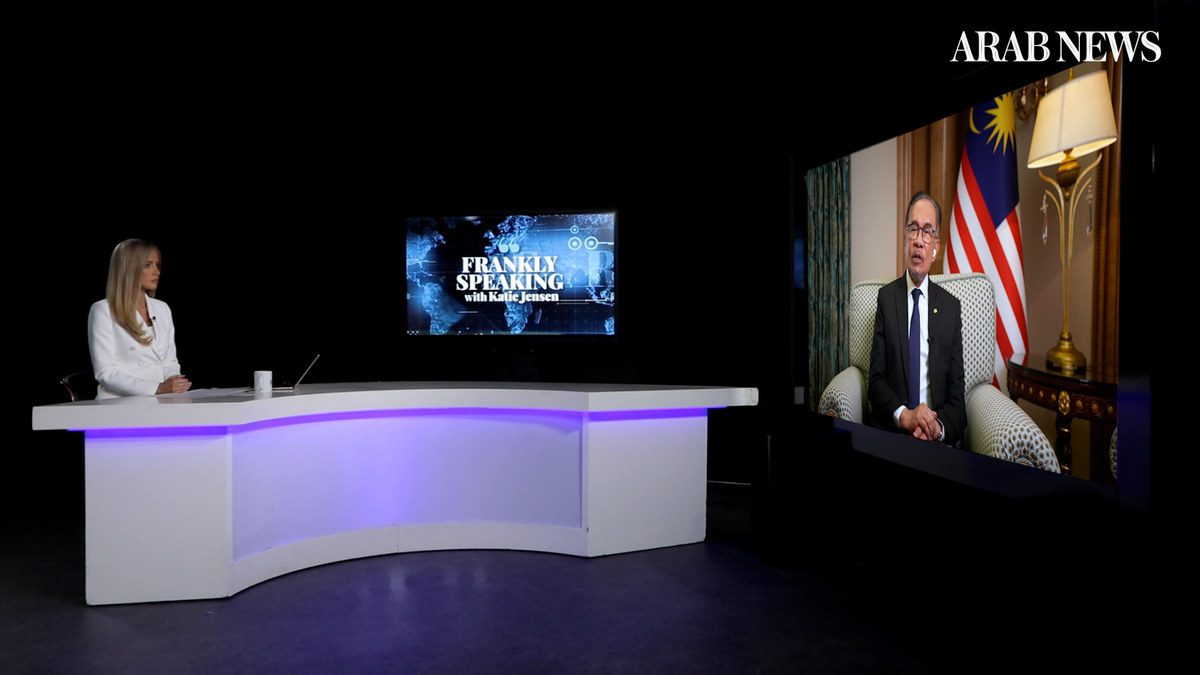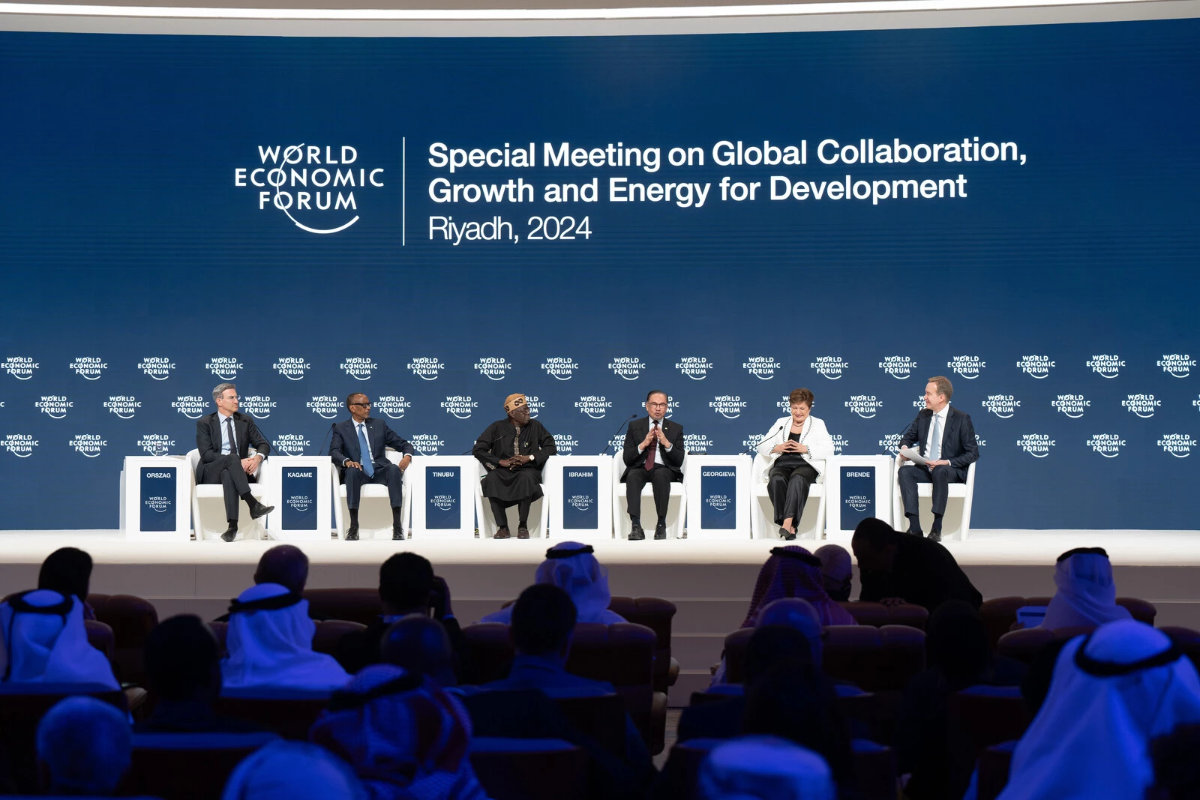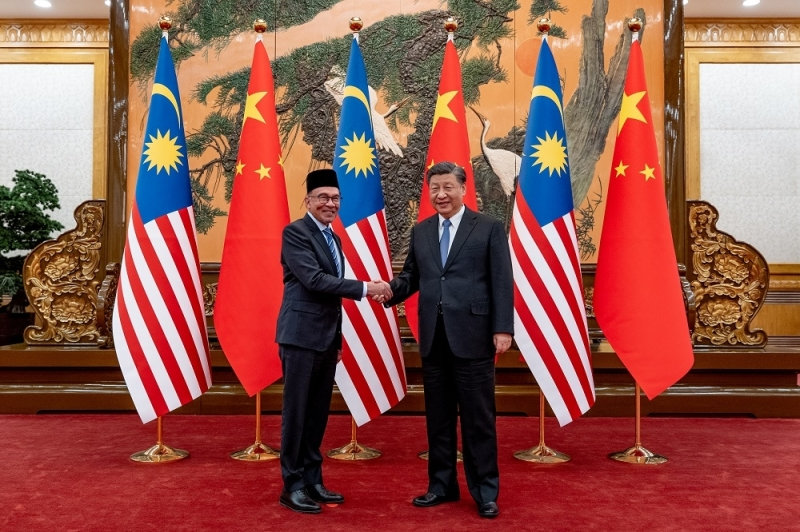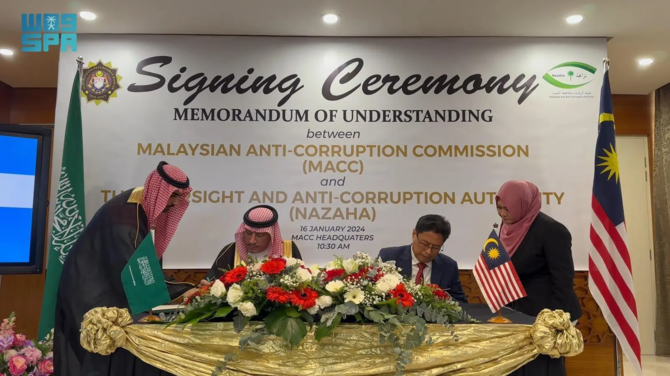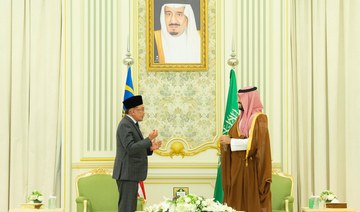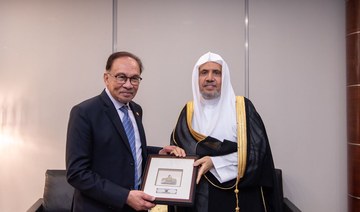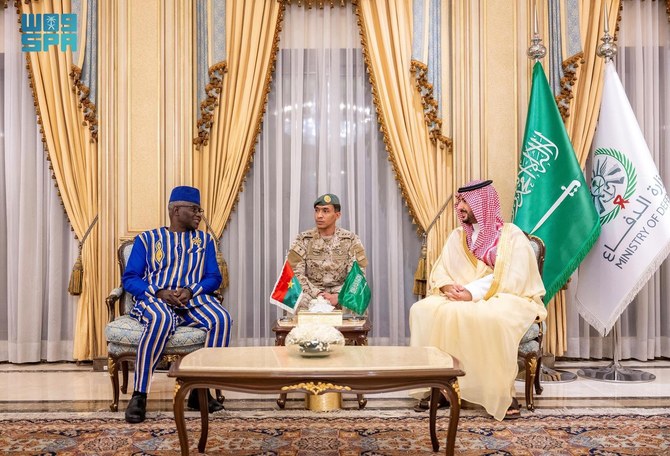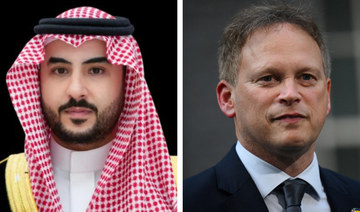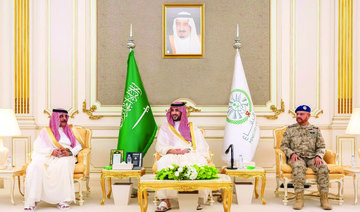DUBAI: Millions of Arab coders are refining their digital skills to take on the future through a program aimed at strengthening their technological expertise.
Udacity partnered with the Prince Mohammed bin Salman bin Abdulaziz Foundation (Misk) in Saudi Arabia on the Misk Udacity Connect Program to provide young Saudi nationals with the knowledge and skills needed.
Shaikha Alsalem, originally from Riyadh, worked in the business stewardship field in data government. “It got me interested and my managers and customers were really happy with my work,” she said. “I tried to figure out solutions and come up with ideas related to data scientists’ work. They look at data and try to come up with solutions as to how can it solve their problems.”
When Udacity announced its scholarship, she entered their nanodegree program. “We worked on multiple projects, starting with initial analysis in data, machine learning algorithms and how to identity those who are involved in a financial crime,” she said.
“It wasn’t easy given the fact that most of the students were either working or doing their MA degree so juggling was a bit tough. The project and timeline we were given was also very intense. We were really tested and only given six months to learn what students do in university in two years, but I came out with an amazing experience.”
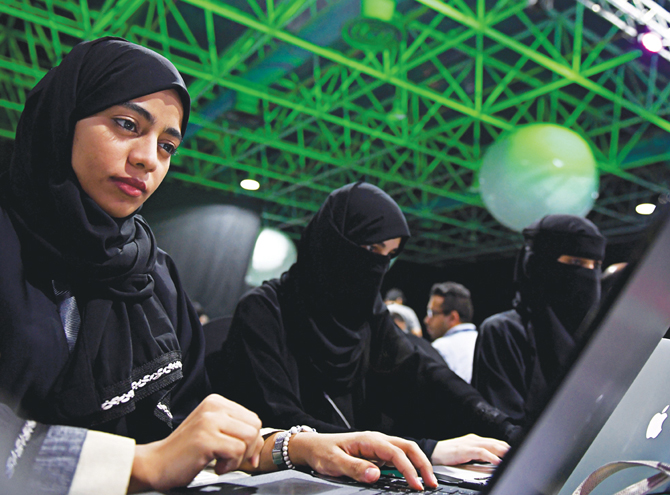
The Saudi youth are challenged to up-skill their talent and develop new capabilities that will allow them to complement and augment their government’s visionary plans.
After graduating in December last year, her newly-acquired skills helped her career by broadening her perspective about problems and learning how to solve them at work. “It’s important for those who work in the data field, whether they are in the business or technical side,” Alsalem said. “Data is at the hand of almost everybody, and they need to figure out ways to better read, visualize it and solve problems.”
Alsalem believes data will be a huge part of the future. “It’s going to play a really big role,” she said. “It will be very helpful, especially as these fields aren’t taught in college, so it’s a new field to everybody.”
Abdulaziz Alhagbani, a 28-year-old Saudi from Riyadh, graduated in both the nanodegree and data analyst program from Udacity. “Data analytics subject has been getting a lot of attention in Saudi and there is a huge demand to attract employees with skills in data analysis,” he said. “Such skills will help us in building artificial intelligence models and algorithms.”
He said the future would be built on data itself. “Since data is booming in these years and will be in the coming years, we need the latest technologies to use that data and make sense of it,” he said. “We can extract insights and prediction models that way. Every organization, at least in Saudi, has a massive amount of data and the skills of data manipulation and engineering are very important.”
To make sense of data, he spoke of the need for manipulation and data cleansing. “When you clear it and make it ready for predictive modeling, then comes the power of AI and machine learning,” he added. “I was also interested in statistics. It gives you the power to look into data and see if it’s valid, which will help us build a prediction model.”
Alhagbani started working as a data analyst at the National Center of Performance Management in the Kingdom. “I apply these skills in my everyday job,” he said. “The most important thing I learnt is natural language processing, which was part of the initial learning in nanodegree. We do sentimental analysis on textual data, which allows me to distinguish the feelings of Saudi citizens on government services.”
The move is a part of the country’s Vision 2030 as it emphasizes citizen satisfaction. “Data provides suggestions where we can improve our services and processes.”

Crown Prince Mohammed bin Salman, the architect of Saudi Vision 2030.
Yusra Alonaizan, a 23-year-old Saudi from the Eastern Province, also works in data science. “I decided to pursue my passion when I majored in computer science,” she said. “I love mathematics and data science is mainly based on that. I’m interested in learning about a vast variety of fields, and data science brings in many fields.”
She studied the data analysis degree at Udacity, where she built a vehicle crash hotspot prediction system for Saudi’s Eastern Province. “You have to input a specific date and time which will tell you road sections expected to have accidents based on historical data,” she said. “I then went to Japan for a month this summer to find areas where I could find new applications of data science in different fields like renewable energy. It gave me an introduction, but I feel like I need more.”
She was recently taken on by data science company Mozn as a data scientist. “As long as I’m doing what I enjoy, my family is happy,” Alonaizan said. “It’s a new technology that’s transforming many fields and it could solve a lot of challenges we have today. We have a new amount of data that is unused. It’s a very powerful tool which could minimize a number of issues.”
She was driven by the excitement in the new field. “These are areas that are needed in the future,” she added. “The program was well-structured, and the support was perfect. They don’t tell you the answer. They teach you how to learn and what to do when you’re stuck.”
For Udacity, tech innovation has ushered visionary governments in the GCC to plan ahead for tech-driven services and fully-fledged Smart Cities. “Yet, rather than focusing on industry veterans and professionals with years of experience under their belt to lead this transformation, we see these governments not only including their youth in their future visions, but also tapping them for public offices,” said Hisham Elaraby, regional director of MENA at the company. “In the face of Saudi Arabia’s 2030 Vision, which plans to diversify the Kingdom’s economy and open it for business, the Saudi youth are challenged to up-skill their talent and develop new capabilities that will allow them to complement and augment their government’s visionary plans.”
“In a region like MENA, where 60 percent of the population is below 25, there is an obvious need to develop and up-skill the youth in order for them to fill today’s talent needs,” Elaraby said. “Having a pipeline of tech talent is the most important factor in bringing new jobs to local economies, facilitating business growth and lifting more local residents into the middle class.”
Companies also report that one of the main factors in deciding where to locate is the availability of skilled talent. “Research from economist Enrico Moretti shows that for each job in the average high-tech firm, five new jobs are indirectly created in local economies,” he added. “Udacity does not only invest in its students’ education, but we also help place our graduates in jobs in the tech industry, based on their nanodegree program credentials.”
Governments are now pressured to provide more jobs, as 30 per cent of the region’s unemployment is found in the public sector.
Elaraby said: “The real challenge, however, is felt by universities, who are finding it difficult to keep up their curriculum with the pace of technology.”



